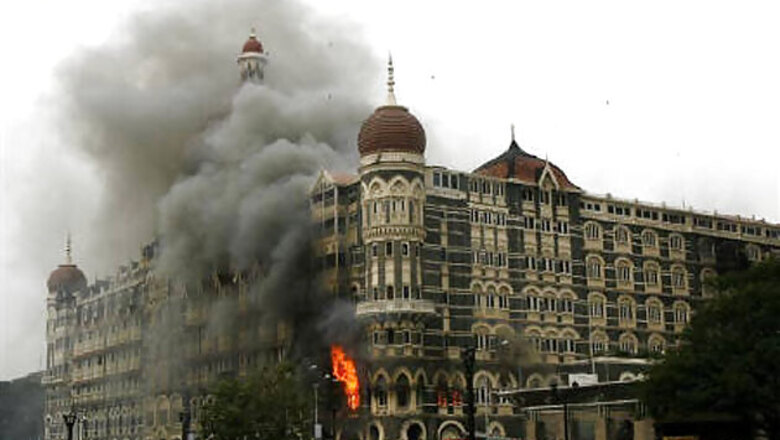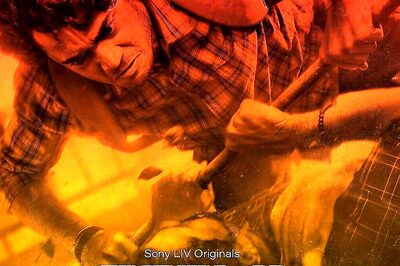
views
Washington: Labelling the 26/11 terror attacks as "deceptively simple and highly coordinated with little money expended", the FBI has said the crippling flaw in the Mumbai police's defence against the initial assault was that its officers didn't even carry weapons.
The premier US investigative agency has also pointed out that the Indian forces did not have the sophisticated gadgets and systems to intercept the communication between the attackers and their handlers in Pakistan.
FBI said absence of weapons with the Mumbai police had led to dozens of people being mowed down at five-star hotels, a train station and a Jewish centre before the specialised Indian forces killed all but one of the terrorists.
"Half of these guys weren't armed" during the initial assault in Mumbai, said Sergent Alan Matas. "That's half the battle. If something like this happened here, we would respond with a more organised attack," Detective Ivan Cabrera was quoted as saying by 'The Miami Herald' newspaper.
FBI's Supervisory Special Agent Anthony Tindall told members of the agency's Joint Terrorism Task Force and others gathered at the Sunrise Civic Centre over the weekend that "in the US, we would bring guns and bullets much quicker than the Indians could have."
Tindall, now based in Hawaii as the FBI's liaison to the US Pacific Command, said India sought the FBI's help during the November 26-28 attack and the bureau deployed eight agents from Los Angeles as well as technicians from Quantico, Virginia.
He said FBI gained the trust of Indian investigators almost immediately because its agents and technicians were able to glean significant information from GPS, cellphones, satellite phones, Internet data, financial records, witnesses and boats used by the terrorists.
"One of the things we learned from this operation is that we needed to bring them something they couldn't do themselves," Tindall told the audience, while showing TV news accounts of the massacre. "A lot of the information led back to Pakistan," he was quoted as saying by the newspaper.
Another major turning point in the investigation was the early arrest of Pakistani national Muhammad Ajmal Kasab, the lone survivor. He was a poor, uneducated young man recruited, trained and selected for the mission directed by Lashkar-e-Taiba. Tindall called Ajmal, who joined another terrorist in the deadly Mumbai railway station attack, "an incredible source of information."
Ajmal was found guilty in May of 86 counts of murder, conspiracy and waging war against India and received the death penalty from the Indian court. Tindall also said that a Mumbai-style attack in the US would not likely cause as much death and destruction because local, state and federal law enforcement would be better coordinated.



















Comments
0 comment